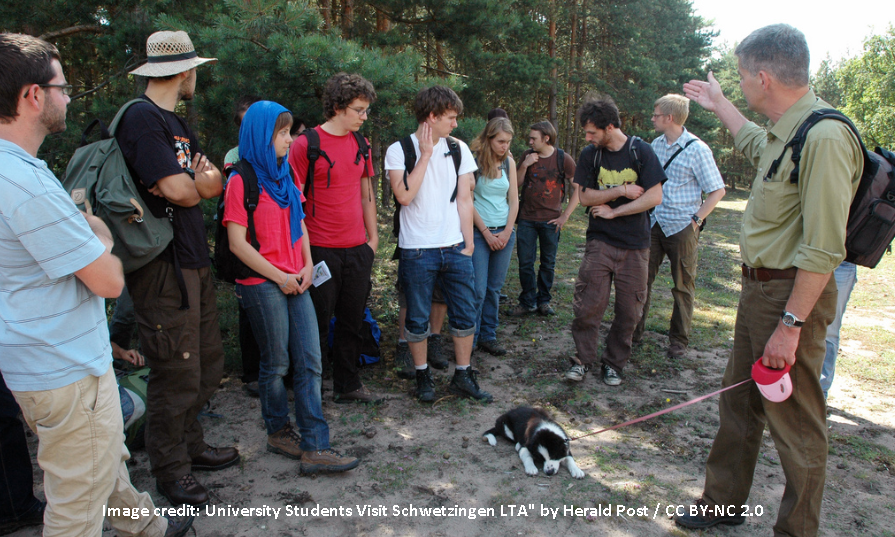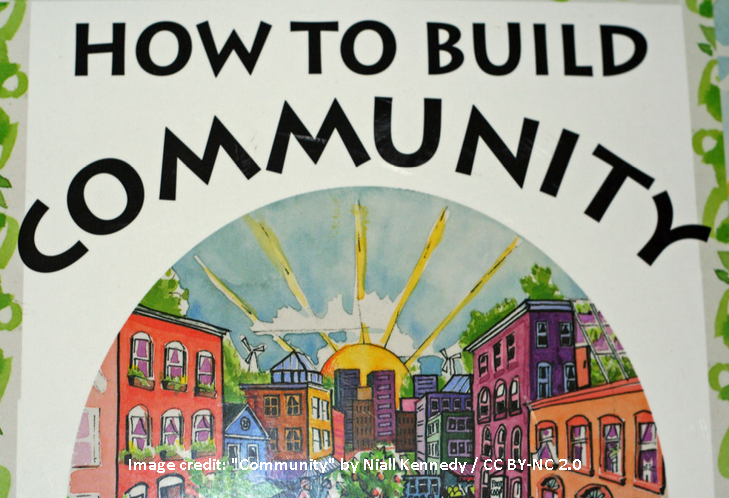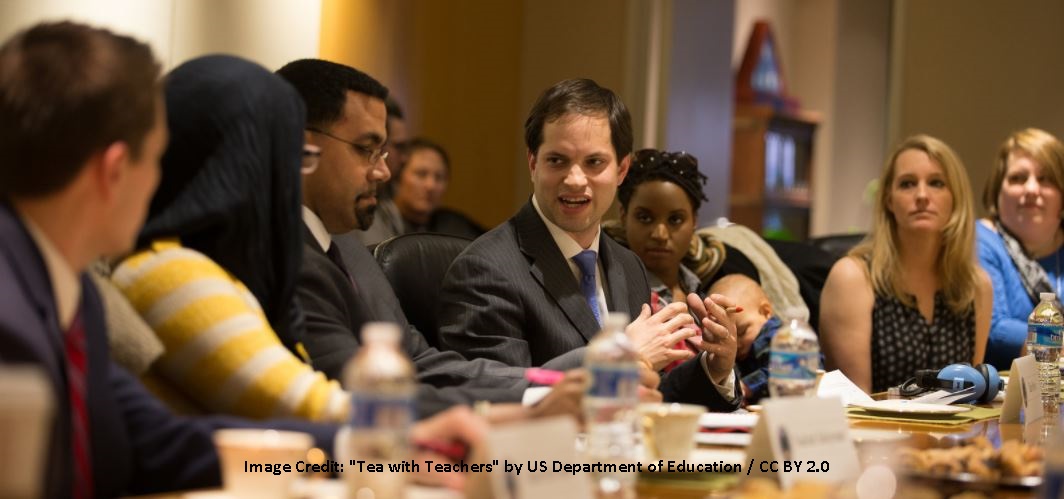The inquiry-based approach to higher ed that could prevent college students from dropping out
The inquiry-based approach to higher ed that could prevent college students from dropping out Patrick Blessinger St John’s University, New York City, USA There may be a more democratic way of learning than declaring a traditional college major. A growing body of research-based evidence shows that student learning communities (SLCs) can provide an effective path to increased academic achievement as well as student engagement and retention. Student learning communities are curricular programs designed by faculty and instructional design staff working together with a group of students. These students (known as “the cohort”) take a shared set of courses that are usually connected by a common theme or overarching set of questions or learning outcomes – a key feature of inquiry-based learning. Any educational institution such as a school or college or university is, by definition, a learning community. However, in a traditional program of study, the courses students take often seem not to [...]



